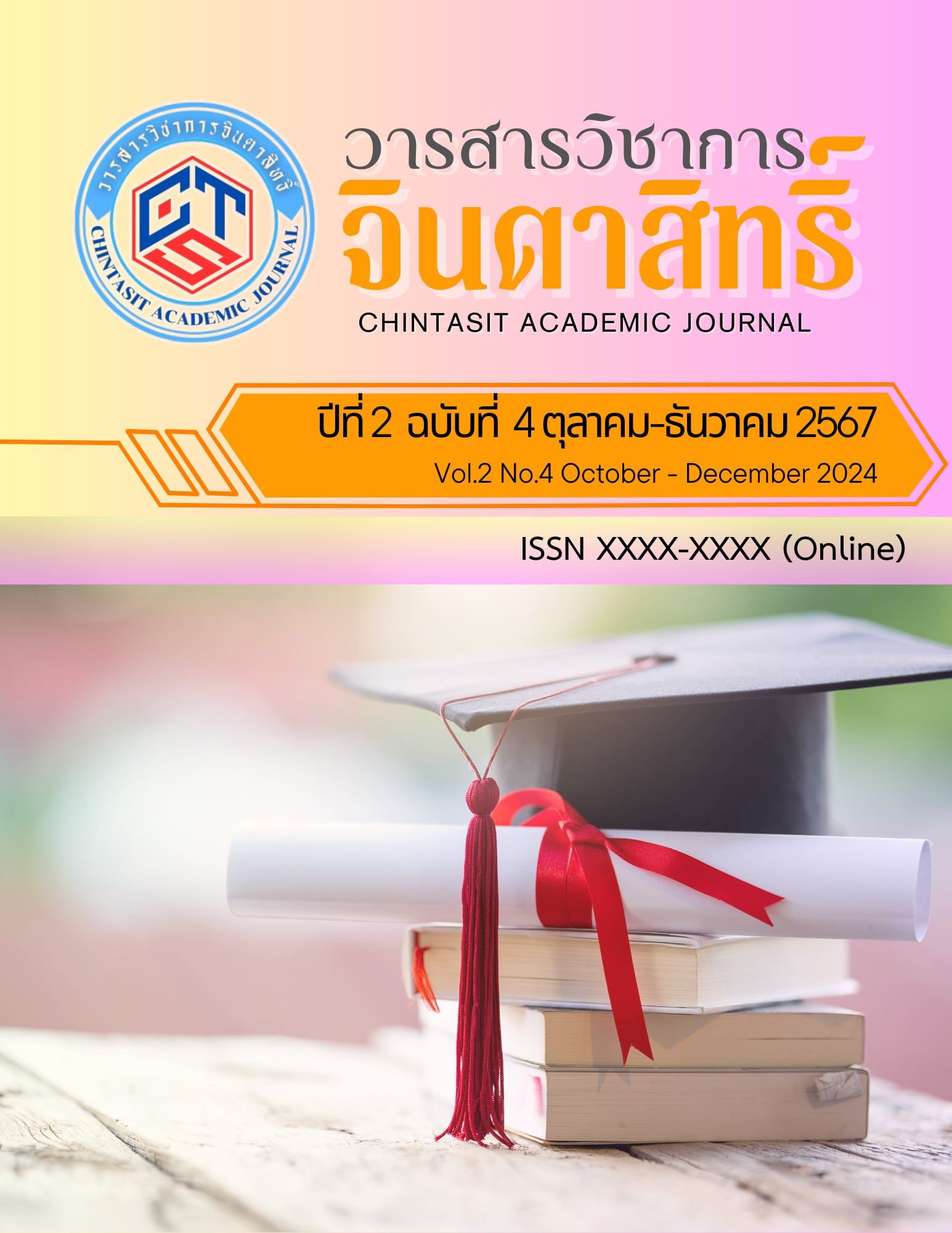The Academic Leadership in 21st Century of School Administrators under Loei Primary Educational Service Area Office 3
Main Article Content
Abstract
The objectives of this research were 1) to study the level of 21st century academic leadership of school administrators, 2) to compare the 21st century academic leadership of school administrators according to the opinions of teachers and educational personnel, classified by gender, highest educational qualification, and work experience, and 3) to study guidelines for developing 21st century academic leadership of school administrators under Loei Primary Educational Service Area Office 3. The sample consisted of 251 teachers and educational personnel in schools. The research instruments were a rating scale questionnaire with a reliability coefficient of .87 and a semi-structured interview form. The statistics used for data analysis were percentage, mean, standard deviation, t-test, and F-test.
The research findings were as follows: 1. The 21st century academic leadership of school administrators was at the highest level both overall and in individual aspects. 2. Teachers and educational personnel with different gender, educational qualifications, and work experience had no significant differences in their opinions on the 21st century academic leadership of school administrators in overall and most aspects. However, there were significant differences at the .05 level in the aspect of supervision and teaching evaluation, and at the .01 level in the aspect of professional development for teachers and personnel. 3. Recommendations for developing 21st century academic leadership of school administrators under Loei Primary Educational Service Area Office 3 suggested that school administrators should use leadership strategies in management, establish guidelines for instructional management for teachers and relevant stakeholders to achieve set goals, improve and develop learning management processes for better results in various aspects, and envision the educational process occurring in the 21st century to suit the changes in modern education.
Article Details

This work is licensed under a Creative Commons Attribution-NonCommercial-NoDerivatives 4.0 International License.
Chintasit Academic Journal is licensed under a Creative Commons Attribution-NonCommercial-NoDerivatives 4.0 International (CC BY-NC-ND 4.0) licence, unless otherwise stated. Please read our Policies page for more information on Open Access copyright and permissions.
References
คณะกรรมการ อ.ก.ต.ป.น. (2564). แนวทางการขับเคลื่อนคุณภาพการศึกษา สำนักงานเขตพื้นที่การศึกษาประถมศึกษาเลย เขต 3.
ฐิตาพร ตันเจริญรัตน์. (2563). ภาวะผู้นำทางวิชาการของผู้บริหารกับทักษะของครูในศตวรรษที่ 21 ใน
สถานศึกษาสังกัดสำนักงานเขตพื้นที่การศึกษามัธยมศึกษา เขต 8. ศึกษาศาสตรมหาบัณฑิต,
มหาวิทยาลัยศิลปากร
บุญชม ศรีสะอาด. (2545). วิธีการทางสถิติสำหรับการวิจัย เล่ม 1. (พิมพ์ครั้งที่ 5). กรุงเทพฯ: สุวีริยาสาส์น.
Cronbach, L. J. (1974). Essentials of psychological testing (3rd ed.). Harper and Row.
Krejcie, R. V., & Morgan, D. W. (1970). Determining sample size for research activities. Educational
and Psychological Measurement, 30(3), 607-610.
Likert, R. (1970). New patterns of management. McGraw-Hill.
Ahmad, S. (2013). Instructional leadership practices of the excellent school principals in Aceh.
Educational Research and Reviews, 8(22), 2203-2211.


